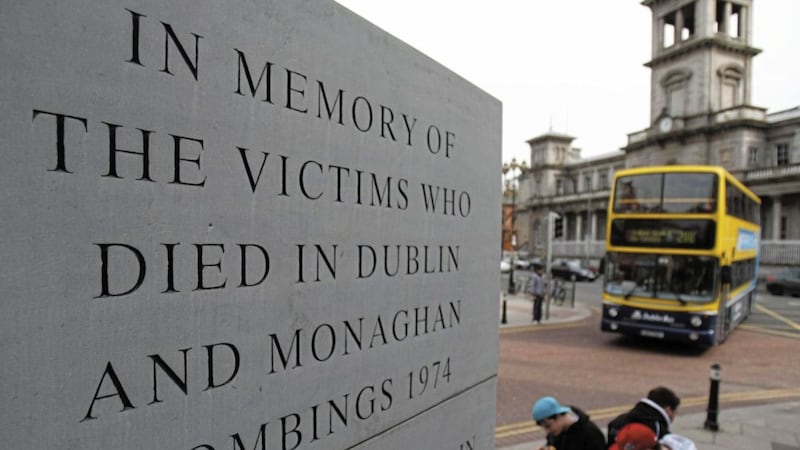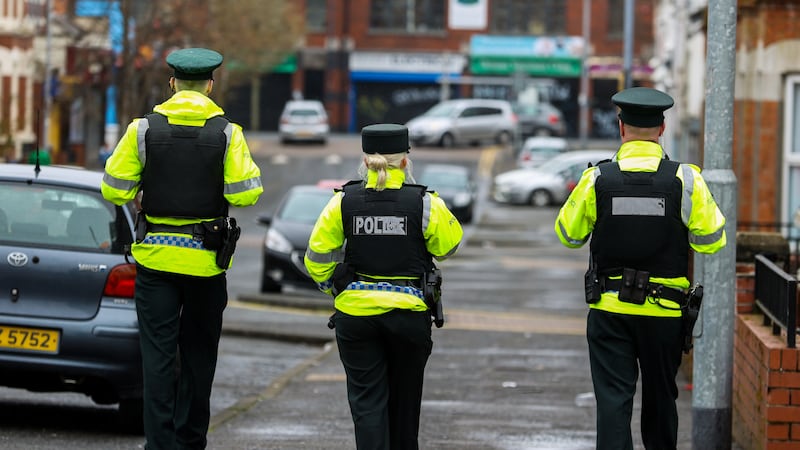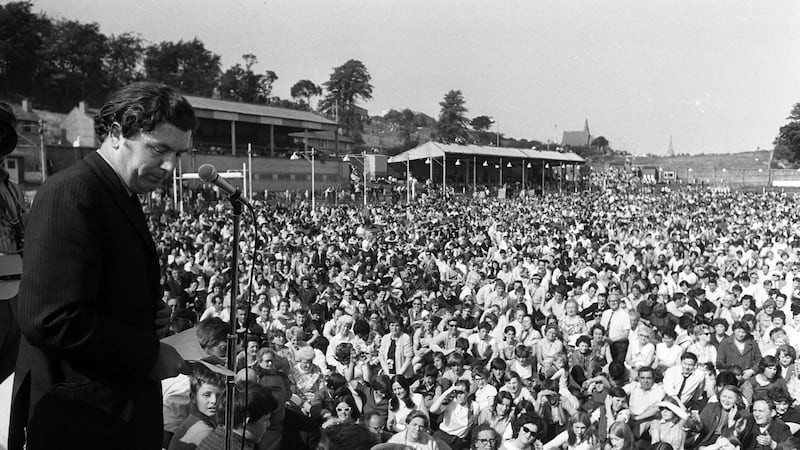POLICE officers and soldiers allegedly assisted a notorious loyalist paramilitary gang in carrying out the Dublin and Monaghan bombings, the High Court has heard.
A judge was also told of claims that members of the security forces had advance knowledge of the attacks which resulted in the worst single atrocity of the Troubles.
Thirty-three people, including a pregnant woman, were killed and almost 300 others injured in coordinated, no-warning explosions during an evening rush hour in May 1974.
No-one was ever charged with carrying out the bombings which were blamed on the Glenanne Gang, a loyalist terror unit operating in mid Ulster at the time.
Survivors and those bereaved in the strikes are suing over alleged police and military collusion with the killers.
Writs have been issued against the Chief Constable, the Ministry of Defence (MoD) and government representatives claiming state representatives either aided the perpetrators or ran them as agents.
Details of the allegations were disclosed as the defendants appealed an order for disclosure of documents in the case.
Paul McLaughlin, acting for the Chief Constable and MoD, argued that jurisdictional points which would establish if the action has been brought in time should be dealt with first.
He also questioned the level of detail to back up some of the claims being made.
"This case is one where the defendants wish to challenge the propriety of pleadings at that level of generality."
Mr Justice McAlinden heard that the key allegation was that members of the security forces were part of the gang who carried out the sequential bombings.
Reference was made to three Ulster Defence Regiment members, and three Royal Ulster Constabulary officers - although their identities were not disclosed in court.
Another four individuals are named in the statement of claim without defining their alleged role, the court was told.
It was set out how the plaintiffs are seeking damages for negligence through "a tolerance of subversion", along with assault and battery, misfeasance in public office, and conspiracy to perform a public act.
Confirming that police and the military deny any liability or responsibility, Mr McLaughlin insisted the plaintiff must prove any of those involved in the bombings were serving members of the security forces.
He accepted that two of the RUC officers named as alleged perpetrators were serving in the force at the time.
But he said the third officer referred to only joined as a part-time reservist after the bomb attacks.
The hearing continues.








